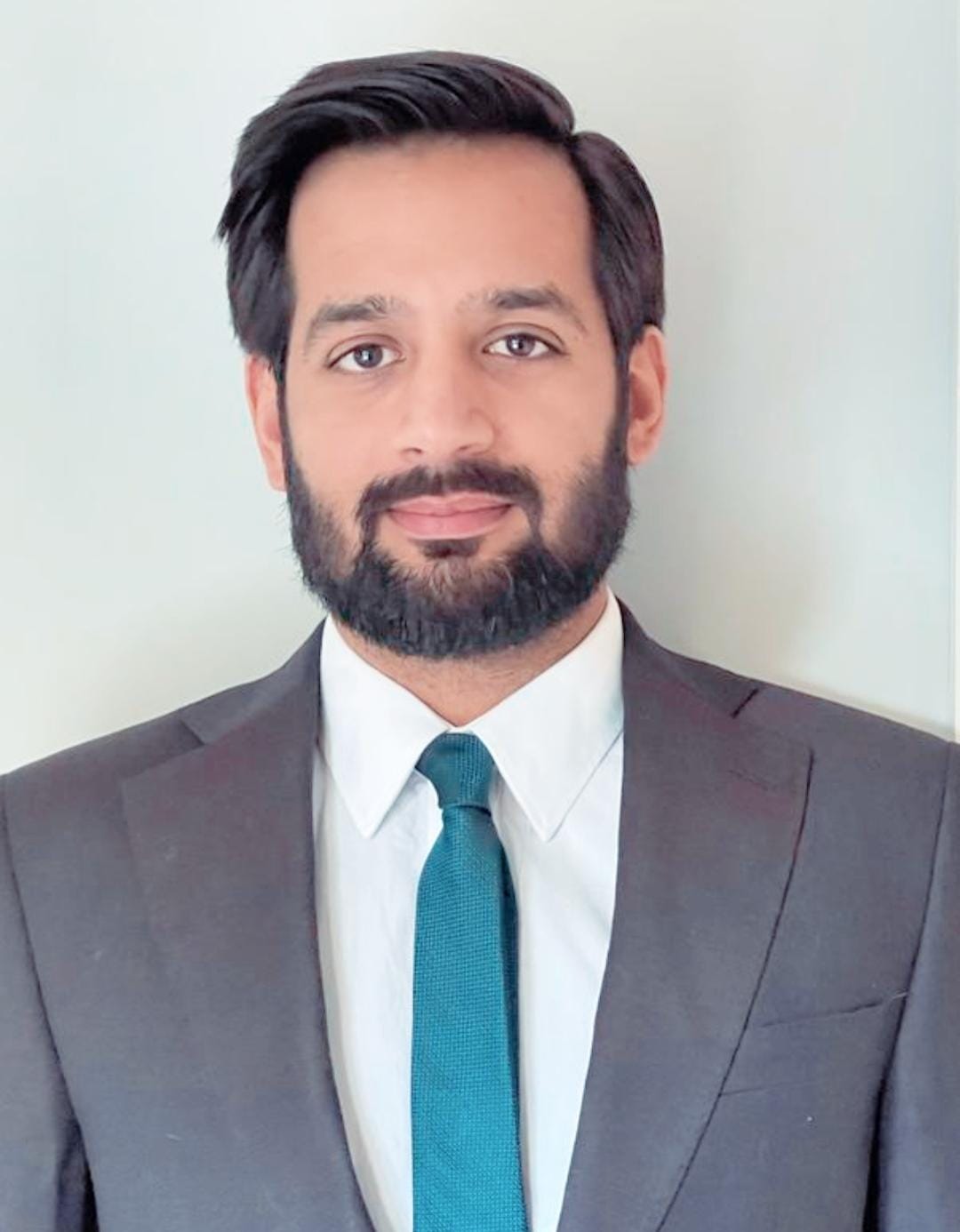Research highlights
Industrial Experience
Jun 22-Dec 22: Senior Power Electronics Engineer, TT Electronics, UK
- Responsible for aspects of electrical design, development and testing of power management products along with new power electronics technologies
- Identification and development of new technologies to improve the all-electric aircraft.
- Develop, review and approve the mathematical models and simulations as well as the proposals from sub-contractors and internal functions and suppliers.
Apr 16-Mar 17: Power Electronics lead project Engineer, Jaguar Land Rover, UK
I was responsible for carrying out a TCDS program to A) Undertake development of futuristic HV Power Stage Modular Inverters B) Develop a SW architecture which allows the control of this modular HV Power Stage. I was the Lead in-house for projects on the design, development and testing of inverters for future JLR vehicles. Technical Project leadership of all aspects of the application, from design requirements analysis, (sub-) component selection, concept design / prototyping & rig testing. I gained a lot of valuable experience in test rig specification, designing, building, and testing execution, including the effective co-ordination of work with other teams, especially the e-machines and CAE Teams.
Jul 11-Mar 16: Project Engineer for Creative ideas, Hoganas AB, Sweden
Höganäs is a company specialising in the production of metal powders. My role was to carry out practical research activities in the highly advanced Höganäs laboratories. The research was aimed to help industry understand and implement the practical aspects of metal powders and introduce it in thousands of applications, products and solutions that are part of our everyday lives. My work developed new or better products by pushing the limits of metal powders and one such use was the electric bike. Various techniques were proposed and verified during my role to reduce the magnitude of unwanted voltage and torque harmonics, providing a smoother riding experience.
Academic Experience
Apr 19-Sept 22: School of Engineering, Newcastle University, UK
Worked in EPSRC Future Electrical Machines Manufacturing Hub leading on Grand Challenge 1.1. This £28 million investment enabled researchers at the hub to work with industry on addressing key manufacturing challenges and putting UK manufacturing at the forefront of the electrification revolution. Together with various industrial partners (Höganäs AB, Dyson, Rolls Royce and McLaren), the hub led on the design of new electrical machines with improved performance for the aerospace, energy, automotive and premium consumer sectors. My focus in the Hub was to concentrate on harnessing emerging and innovative manufacturing methods to realise alternative machine topologies and to demonstrate how performance, efficiency, and material utilisation can all be improved if new techniques and processes are adopted.
Jan 18-Mar 19: Railway Project, ZLIM, Newcastle University, UK
Successfully completed a funded project investigating predictable and optimised braking for rail systems applying the concept of a linear induction motor. Instead of using an integrated primary and secondary unit, it separates them by using the existing running rails as the secondary, placing the primary component attached to the bogie in the fashion of an eddy current brake. This allows for the generation of forces that are independent of the level of adhesion between wheel and rail, effectively providing a zero wheel-slip effect. Several papers were published, and presentations were delivered internationally for this work.
Apr 17‐Mar 18: Aerospace Industry, Newcastle University, UK
Worked extensively in the development of drives for use in a variety of aerospace applications. These included the manufacturing of a calorimetric system for testing high efficiency, low mass motors for use in solar powered aircraft applications. The projects involved QinetiQ, Boeing and Airbus, and saw motors designed which achieved new levels of efficiency whilst being designed to operate at altitudes above 50kft and at temperatures below -500C.
